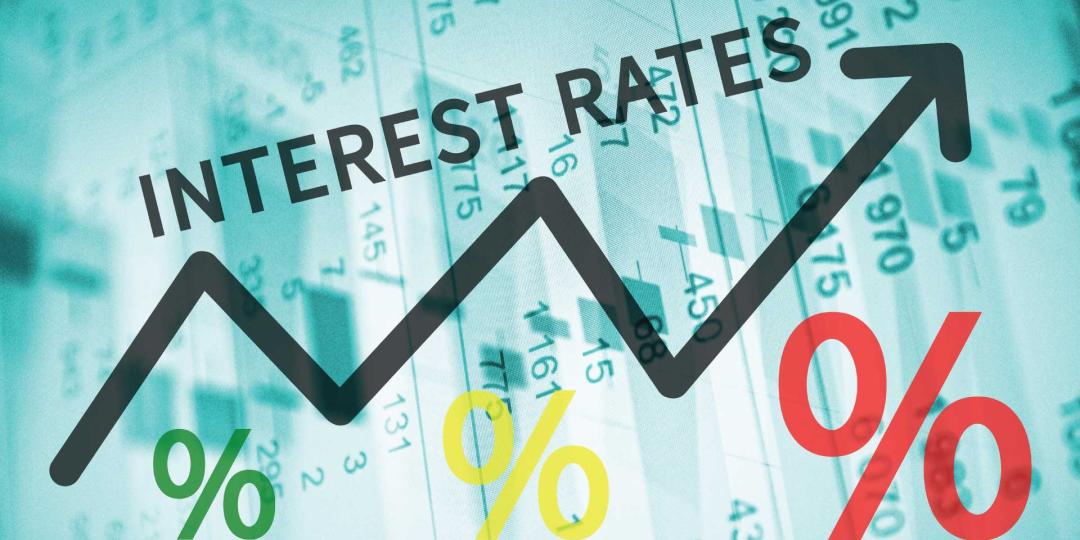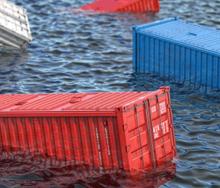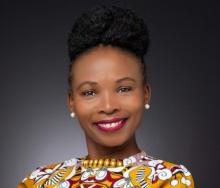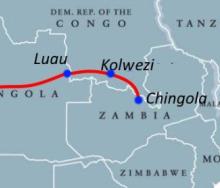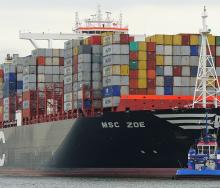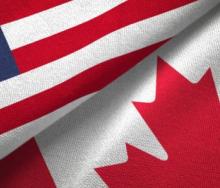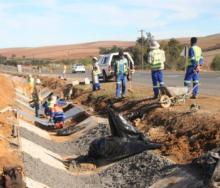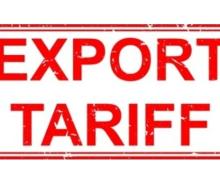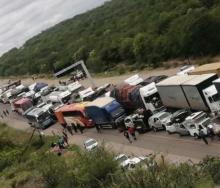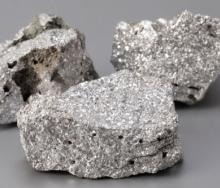The SA Reserve Bank’s latest 75 basis points interest rate hike will hit businesses, farmers, consumers and property investors hard, bringing the repo rate to the pre-pandemic level of January 2020 for the first time since the global health crisis.
Paul Makube, Senior Agricultural Economist at FNB Agri-Business, said the SARB faced the same dilemma as central banks globally, which have been aggressively hiking interest rates this week.
“As with other central banks, the SARB faced runaway inflation, uncertainty over the duration of the Russia-Ukraine war and its continued curtailment of world trade, and weaker domestic and global growth. Its consideration of recent data and projections pointed to an elevated inflation trajectory in the medium term, forcing the SARB’s hand to increase the repo rate by another 75bps to 6.25%, which was in line with market expectations,” said Makube.
He said for the agriculture sector, this came against the backdrop of declining confidence in the sector as reflected in the Agbiz/IDC Agribusiness Confidence Index, which showed a seven-point deterioration to 53 points in 3Q2022.
Sector challenges have included elevated input costs, continued outbreaks of animal disease, war-induced disruption to global supply chains, resurgence of the use of non-tariff barriers to trade and rising interest rates.
“Nonetheless, the confidence index remains above breakeven point of 50 points, which indicates that things may still rebound to the upside. Positive farming conditions previously have boosted financial positions and encouraged farmers to expand their operations and replenish the necessary machinery and equipment,” said Makube.
He said sales of agricultural machinery, such as combine harvesters and tractors, had increased by 53% and 17% respectively year-on-year in August.
“The higher interest rate means the farmer faces higher debt servicing costs which may slow down expansions and sales. This may further force marginal farmers to reduce their operations and those that have already been in a dire financial situation to potentially consider quitting,” he said.
FNB Commercial Property Finance Property Sector Strategist, John Loos, said the latest hike would sustain the current market cooling trend.
“This cumulative impact of SARB interest rate hiking, accompanied by interest rate hiking globally that is cooling off the global and domestic economy, is believed to be having both direct and indirect ‘cooling’ impacts on the commercial property market. Today’s interest rate hike merely adds to the ‘cooling’ market trend already believed to be in play,” Loos said.
He said the cost of servicing debt was rising, directly impacting property market demand.
“The indirect impact is happening via the weakening impact on the economy that local and global interest rate hiking is having. This constrains new business growth and existing business expansion, containing commercial tenant demand for rental space as well as commercial property buying,” said Loos.
United Association of South Africa spokesperson, Abigail Moyo, said the latest interest rate hike would see most workers “gasp for breath to to keep up with the increasing cost of living”.
“Workers with home loans, vehicle finance and other household debts face more financial pressure than before. On the positive side, pensioners and those who have managed to build a nest egg will see the benefits of their efforts as the higher repo rate will increase the return on their savings,” said Moyo.
“The repo rate is now 275 basis points higher than just before the first increase of 25 basis points in November last year, which places it at the same level as in January 2020, before the Covid-19 pandemic hit the world.”
However, she added that the economy was now 0.5% smaller than before the pandemic, as 821 000 fewer people had jobs, and the combined real income of workers was 0.8% less in the second quarter of 2022 than it was in the second quarter of 2020.
“The sad reality is that the annual inflation rate stands at 7.6%, well over the SARB inflation target range of 3-6%. The SARB now forecasts economic growth of a mere 1.9% in 2022, down from a previously expected 2.0%. Together with today's repo rate increase, load shedding and other factors will lead to lower economic growth and more hardship,” Moyo said.
“South Africans are scraping the bottom of the barrel. Fuel, food, and basic services and goods are becoming more expensive, while unemployment shows no improvement.”
